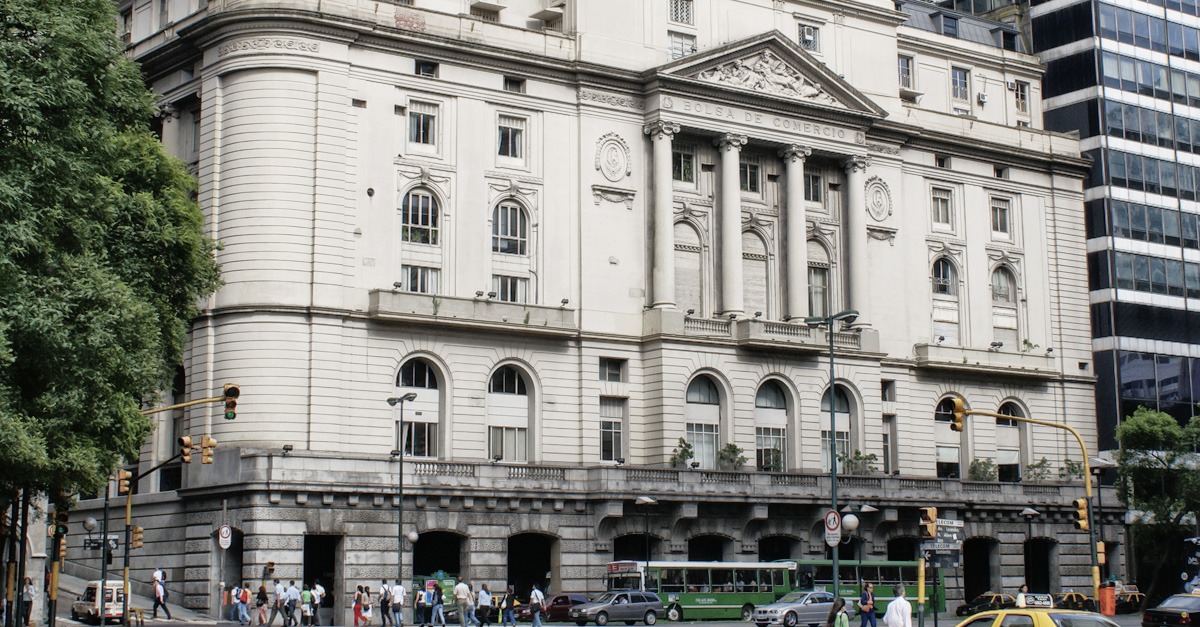Maintenance of the urbanization work by an urban conservation entity

What is an Urban Conservation Entity (EUC)
As is known, EUCs can be defined as groups of owners that collaborate with the different local administrations in the conservation of those urban units executed according to with the corresponding urban planning, for which they enjoy their own legal personality and certain administrative powers.
It seems appropriate to remember that the dissolution of the EUC can only be agreed, in application of the provisions of the express terms of art. 30 RGU, according to which:
- The dissolution of the collaborating urban planning Entities will occur due to the fulfillment of the purposes for which they were created and will require, in any case, the agreement of the acting urban planning Administration.
- The dissolution of the Entity will not be approved as long as there is no evidence of compliance with the obligations that are pending.
The Statutes have the character of general provisions for appeal purposes. The state LS 15 does not have any concrete allusion to this matter. Where applicable, the supplementary general law contained in the RGU must be applied.
In any case, a City Council cannot ignore the conservation of the urbanization and the provision of public services, since the EUC is an entity collaborating and therefore ultimately responsible for ensuring that conservative activities are carried out effectively and efficiently, is the same, ex art. 54 of the Law 7/1985 of April 2 (LAW 847/1985) and 32 and following of Law 40/2015, of October 1 (LAW 15011/2015), of the Legal Regime of the Public Sector (LRJSP), in relation with art. 106 of the CE (LAW 2500/1978).
On the subsistence of the duty of conservation of the urbanization, you can see the work “Pervivence of the urban conservation entities and the right of parcelistas to separate from them< /em>” commenting on the Supreme Court Judgment of January 18, 2006. Speaker:
Second Menéndez Pérez (LA LEY JURIS 2234492/2006). Writing of the Administrative Department, Urban Planning Practice, No. 49, Section Urbanism on the stage, May 2006, p. 46, Editorial LA LEY, LA LEY, 1338/2006 in which -take into account that TRLS 76 was in force- it is stated:
“The urban conservation entities, in accordance with art. 24 of the Urban Management Regulations, approved by RD 3288/1978, of August 25, are collaborating entities of the Administration that allow interested parties to participate in urban management and whose purpose is to maintain the urbanization works in good condition.
The constitution of Conservation Entities is an exception to the duty of the acting Urban Administration to assume responsibility for the conservation of urbanization works and the maintenance of the endowments and facilities of the public services, once the assignment of those has been made, in accordance with l arts. 67 and 68 of the Urban Management Regulations, which can be imperatively imposed on the owners of the land included in the Polygon or Action Unit by virtue of determinations of the General Urban Planning Plan, by the bases of the action programs or by legal provision.
In accordance with the jurisprudence of the Supreme Court, the Urban Conservation Entities can become mandatory for individuals imposing on them the burden of functionally conserving the urbanization by virtue of determinations of the General Urban Planning Plans when they are justified to prevent private urban action, by failing to comply with the urbanization commitments contracted in the approval of urbanization projects, hindering or endangering municipal action in urban matters
What is an Urban Conservation Entity (EUC)
As is known, EUCs can be defined as groups of owners that collaborate with the different local administrations in the conservation of those urban units executed according to with the corresponding urban planning, for which they enjoy their own legal personality and certain administrative powers.
It seems appropriate to remember that the dissolution of the EUC can only be agreed, in application of the provisions of the express terms of art. 30 RGU, according to which:
- The dissolution of the collaborating urban planning Entities will occur due to the fulfillment of the purposes for which they were created and will require, in any case, the agreement of the acting urban planning Administration.
- The dissolution of the Entity will not be approved as long as there is no evidence of compliance with the obligations that are pending.
The Statutes have the character of general provisions for appeal purposes. The state LS 15 does not have any concrete allusion to this matter. Where applicable, the supplementary general law contained in the RGU must be applied.
In any case, a City Council cannot ignore the conservation of the urbanization and the provision of public services, since the EUC is an entity collaborating and therefore ultimately responsible for ensuring that conservative activities are carried out effectively and efficiently, is the same, former art. 54 of the Law 7/1985 of April 2 (LAW 847/1985) and 32 and following of Law 40/2015, of October 1 (LAW 15011/2015), of the Legal Regime of the Public Sector (LRJSP), in relation to art. 106 of the EC (LAW 2500/1978).
On the subsistence of the duty of conservation of the urbanization, you can see the work “Pervivence of the urban conservation entities and the right of parcelistas to separate from them< /em>” commenting on the Supreme Court Judgment of January 18, 2006. Speaker:
Second Menéndez Pérez (LA LEY JURIS 2234492/2006). Writing of the Administrative Department, Urban Planning Practice, No. 49, Section Urbanism on the stage, May 2006, p. 46, Editorial LA LEY, LA LEY, 1338/2006 in which -take into account that TRLS 76 was in force- it is stated:
“The urban conservation entities, in accordance with art. 24 of the Urban Management Regulations, approved by RD 3288/1978, of August 25, are collaborating entities of the Administration that allow interested parties to participate in urban management and whose purpose is to maintain the urbanization works in good condition.
The constitution of Conservation Entities is an exception to the duty of the acting Urban Administration to assume responsibility for the conservation of urbanization works and the maintenance of the endowments and facilities of the public services, once the assignment of those has been made, in accordance with l arts. 67 and 68 of the Urban Management Regulations, which can be imperatively imposed on the owners of the land included in the Polygon or Action Unit by virtue of determinations of the General Urban Planning Plan, by the bases of the action programs or by legal provision< /strong>.
In accordance with the jurisprudence of the Supreme Court, the Urban Conservation Entities can become mandatory for individuals imposing on them the burden of functionally conserving the urbanization by virtue of determinations of the General Urban Planning Plans when they are justified to prevent private urban action, by failing to comply with the urbanization commitments contracted in the approval of urbanization projects, hindering or endangering municipal action in urban matters < /p>
Novoa Juiz, Francisco Javier
El Consultor de las Ayuntamientos, No. 20, Fortnight from Oct. 30 to Nov. 14, 2009, Ref. 2979/2009, p. 2979, volume 3, Editorial LA LEY
- The urban entities collaborating with conservation.
Arranz Marina, Teófilo
Urban Practice, No. 53, October 2006, p. 46, Editorial LA LEY
- Collaborating Urban Planning Entities: their legal nature and competence of the civil jurisdiction in the claims made to their members, their agreements, similarity with other types of figures, applicable legislation in their relations and civil procedures for their claim
López Farré, Francisco Javier
The City Council Consultant, No. 24, Fortnight from Dec. 30, 1999 to Jan. 14, 2000, Ref. 3797/1999, p. 3797, volume 2, Editorial THE CITY COUNCIL CONSULTANT.



















